All products featured are independently chosen by us. However, SoundGuys may receive a commission on orders placed through its retail links. See our ethics statement.
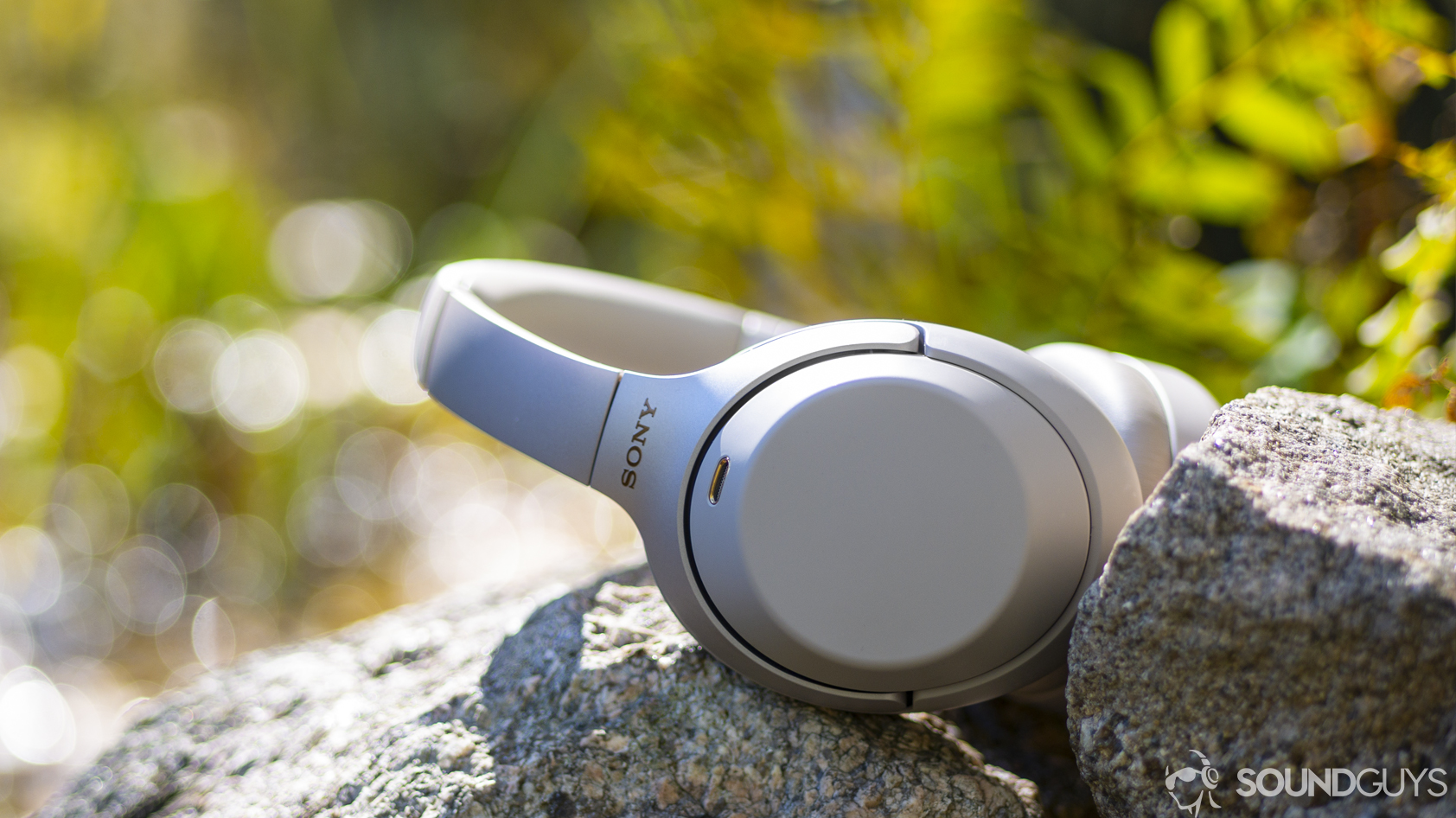
Sony WH-1000XM3 review
Published onSeptember 8, 2023
Sony WH-1000XM3
Since the Sony WH-1000XM4 was released, and more recently, the Sony WH-1000XM5, bargain hunters will no doubt look into whether or not the WH-1000XM3 is a worthy alternative. Until the release of the latest in Sony’s line of top-end active noise canceling (ANC) headsets, the WH-1000XM3 was the best noise canceling headphones; it’s a worthy comparison to make.
Editor’s note: This post was updated on September 8, 2023, to note the headphones’ impending discontinuation and again on August 12th, 2024, for formatting.
Casual listeners loved the Sony WH-1000XM3, as it offered a huge boost in sound quality over general consumer headphones when used with Bluetooth. Commuters also appreciated the excellent noise cancelation offered by these headphones. Air travelers found the Sony WH-1000XM3 in the Best Buy vending machines at many American terminals.
Unfortunately, the arrival of the Sony WH-1000XM5 heralded the end for the Sony WH-1000XM3, and the stock of the headphones online is dwindling. You may not be able to find these headphones at your local retailer or online when you read this review, but
What is the Sony WH-1000XM3 like to use?
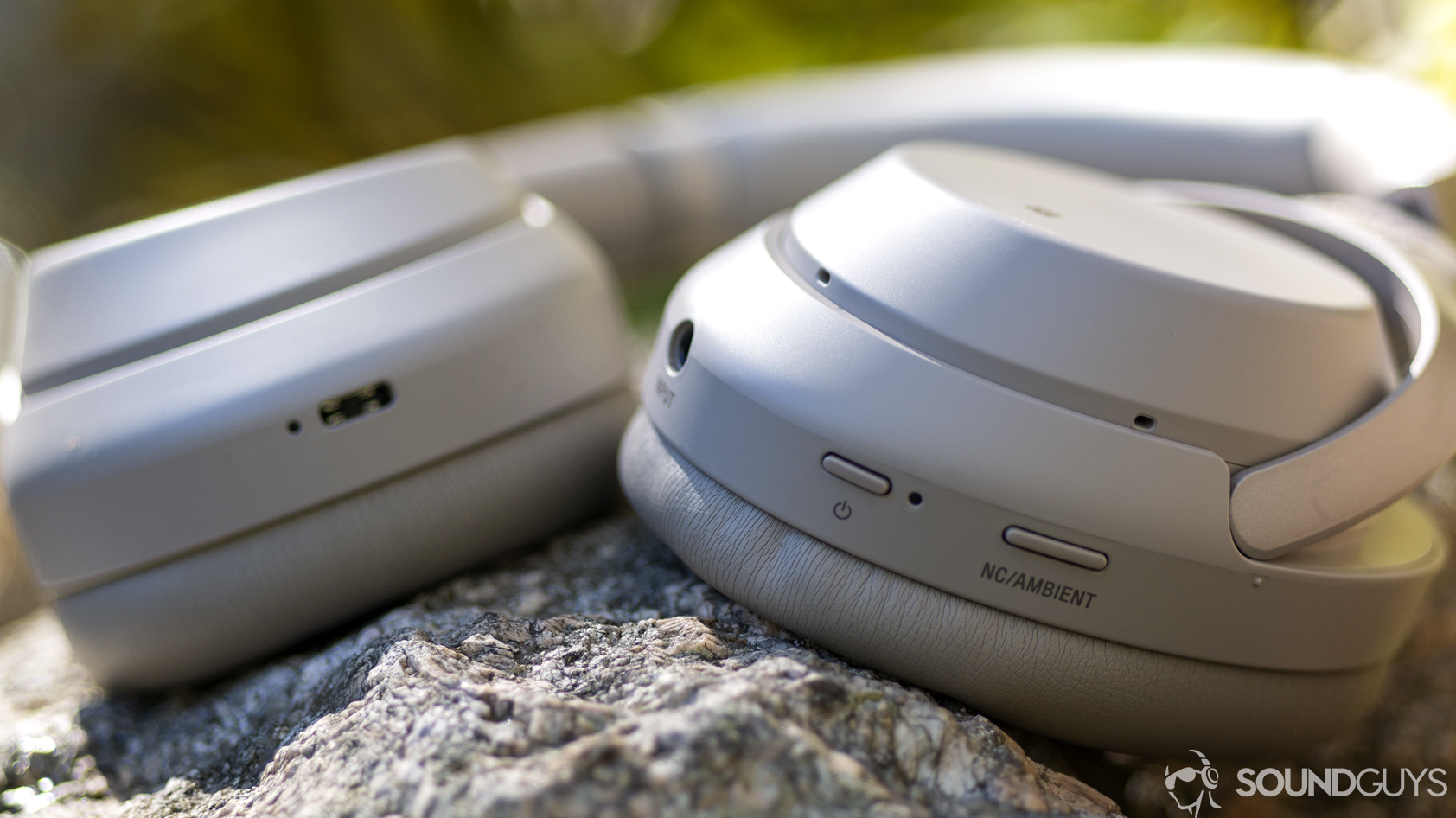
If you’ve never used the Sony WH-1000XM2, noting that the WH-1000XM3 is virtually identical isn’t going to tell you what you need to know about these cans. For example, the WH-1000XM2 was our pick for best headphones for most people for a long time, and the WH-1000XM3 refresh took that crown (until the Sony WH-1000XM4 and XM5 came along). The WH-1000XM3 is exceptionally light, has great padding, and delivers on the promise of high-end active noise canceling headphones. Really, the most significant differences are the USB-C charging port, soft-touch material, and new buttons.
The chassis of the WH-1000XM3 is the same hard plastic as its predecessor, though there aren’t any fake plastic leather over-the-ear cups anymore. Instead, it’s now a soft-touch material that your fingers can easily glide over. At the top of each ear cup are two wide microphones that collect data for the noise canceling unit to destroy outside sound.
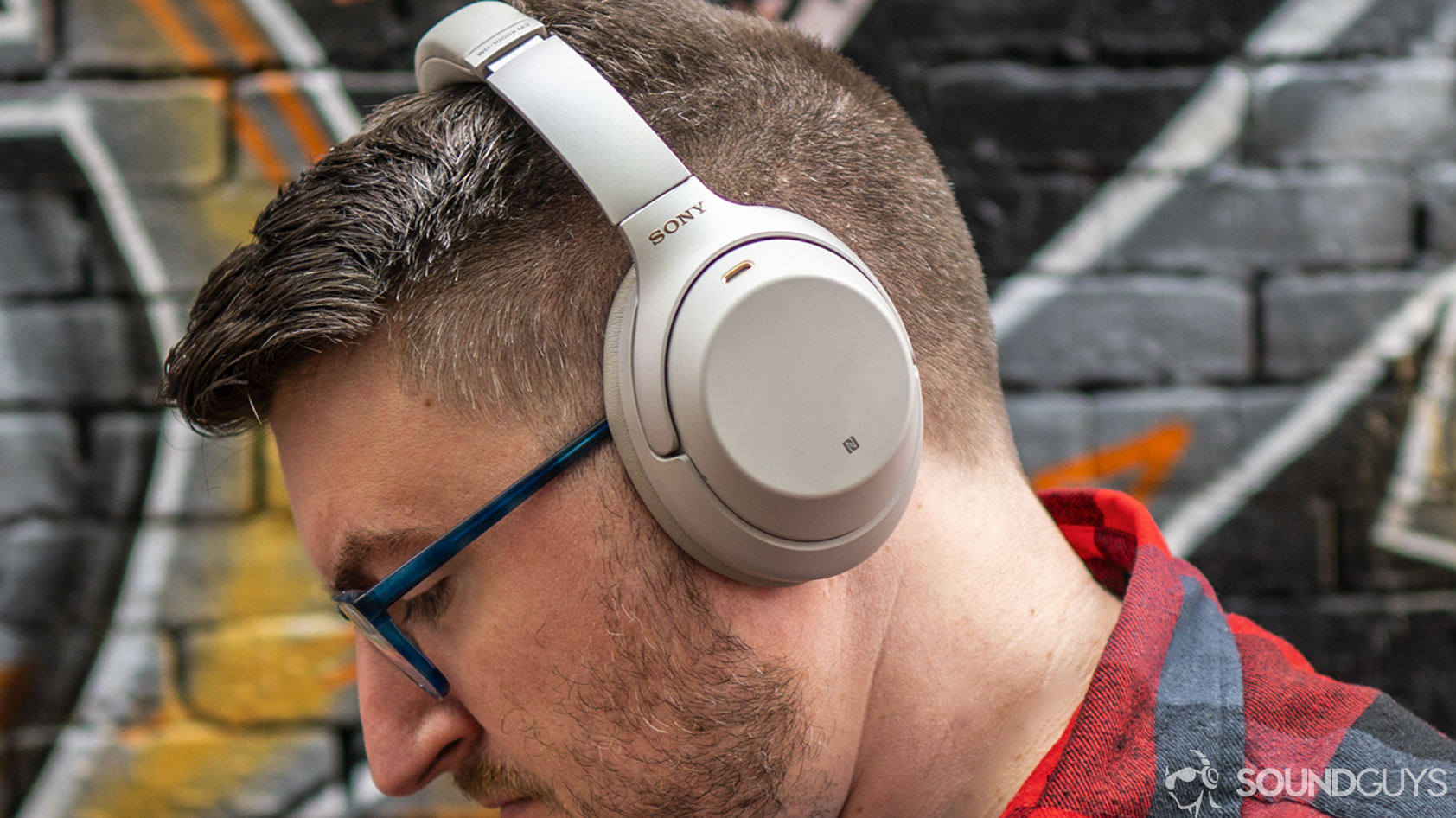
It’s unclear if Sony addressed the reported cracking issues with the previous iterations of the WH-1000X, but I didn’t run into any breakage or damage in my time with them. And I suppose that’s to be expected — I’ve absolutely abused the Mark 2 over the past five years, and it still looks pretty new… minus somewhat flattened padding.
Despite being largely identical in many ways to the older Sony WH-1000XM2, a few upgrades have made the brand-new WH-1000XM3 a better buy for the long haul. For example, the ear pads are deeper, and the addition of USB-C charging means you won’t have to scour and scrape for an obsolete cable to top off your cans.
The Sony WH-1000XM3 still stands as a great ANC headset that keeps up with the top competitors today.
While these are relatively minor upgrades, it does mean that you won’t have to worry about your headphones falling apart in a year or two. Instead, you’ll have your needs met by a modern design with very few headaches. I’m not sure these tweaks are worth upgrading for if you already own the previous model. In that case, you may want to spring for the newer WH-1000XM4 or Bose QuietComfort 45, but if you’re buying a new set of headphones, these go a long way to setting Sony’s offerings apart from Bose, Sennheiser, and AKG.
Many users report extreme cold affecting the touch controls of the Sony WH-1000XM3, so be wary if you’re in an environment that freezes over a lot. Neither Adam nor Chris had issues with the Sony WH-1000XM3 in the frozen northeast US or Canada, but it may vary from model to model.
How do you use the Sony Headphones Connect app with the Sony WH-1000XM3?
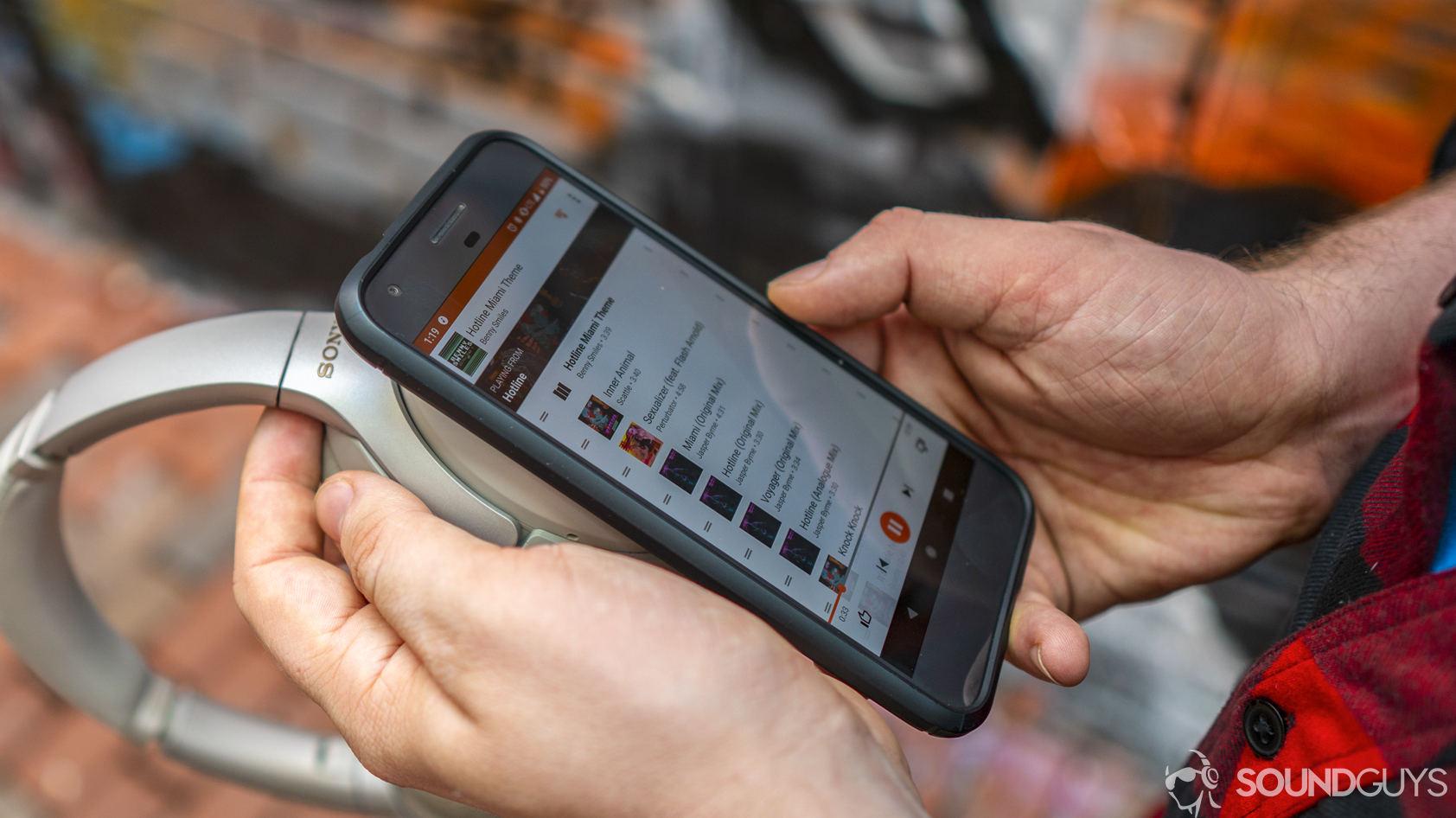
The best thing about the headphones is that you rarely ever need to use your phone to control your music. Once you download the Sony Headphones Connect app (iOS/Android), you can easily navigate playback with swipes of your finger (forward, backward swipes), adjust the volume by swiping up or down, and activate your voice assistant with a long press.
All you have to do is update through the Sony Headphone Connect app on your smartphone, and you can choose whichever virtual assistant you want — depending on what smart products you have in your house or simply which one answers your questions better. (As of December 7, you can no longer use the Google Assistant app for iOS with the WH-1000XM3.)
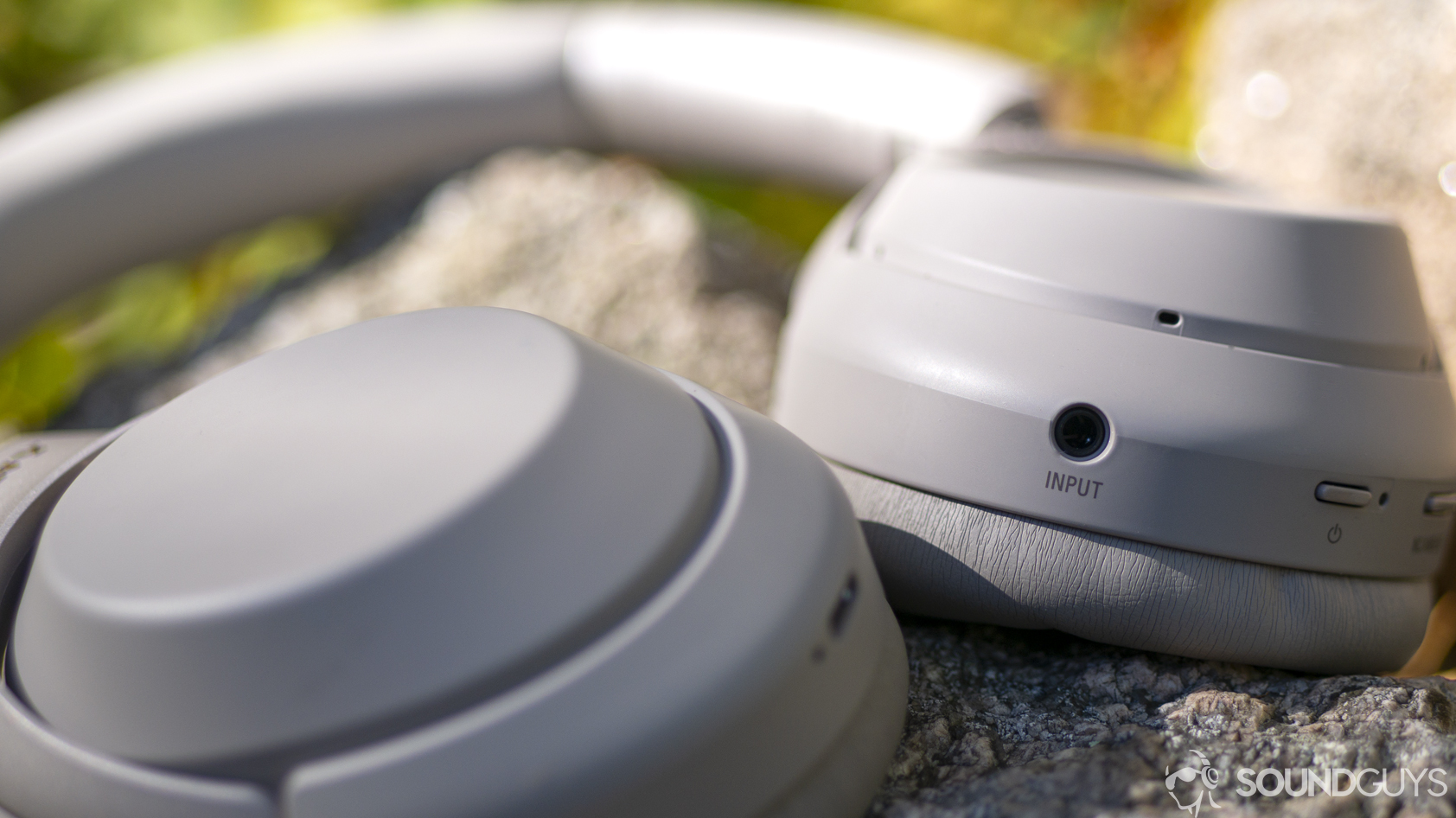
Additionally, you can temporarily hear the world around you by cupping your hand over the right ear cup. This makes the headset use its external microphones to pass your surroundings onto your ears. This is great for when someone needs to tell you something or for plane announcements.
What Bluetooth codecs does the Sony WH-1000XM3 support?
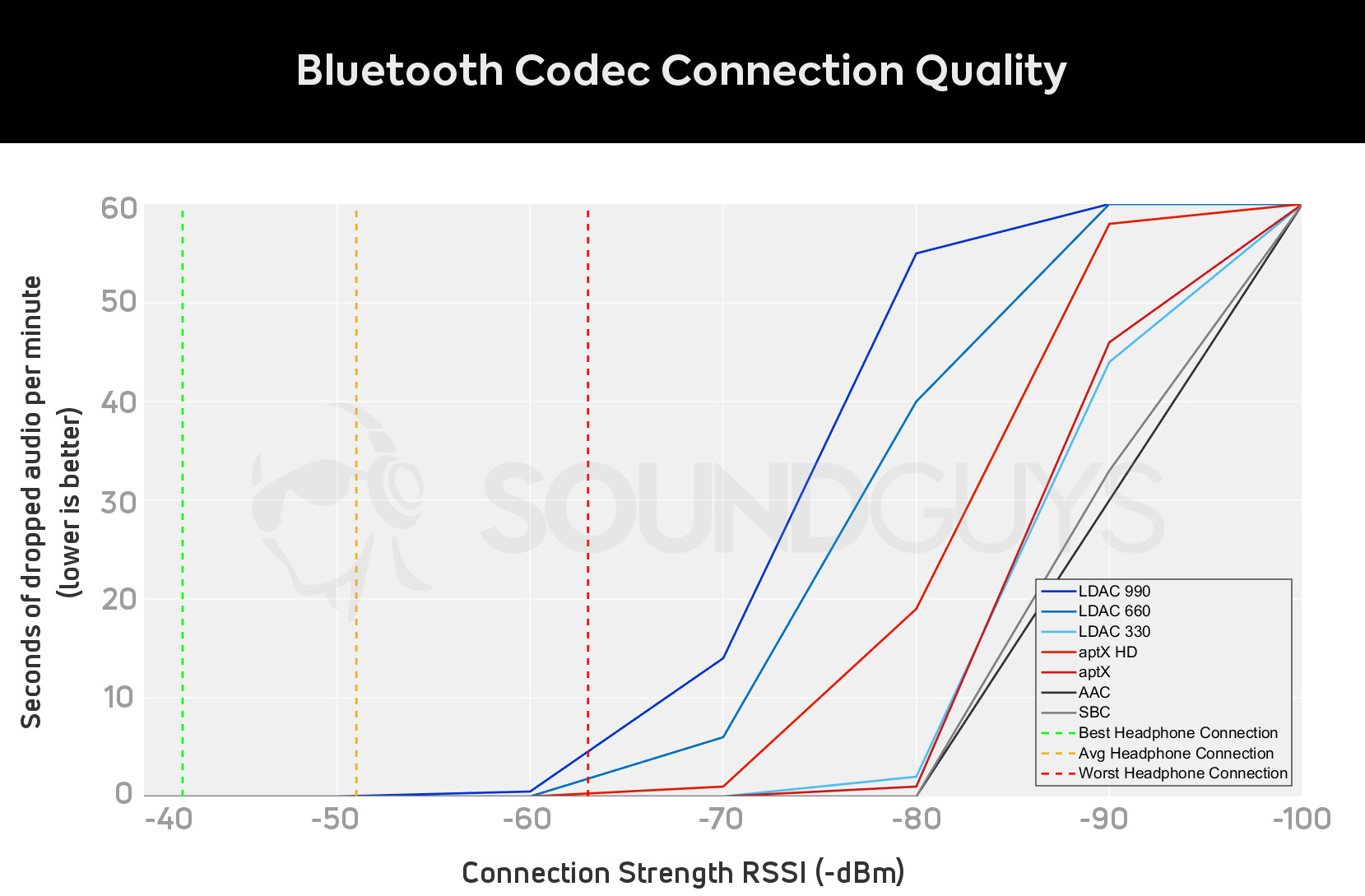
The WH-1000XM3 isn’t for audiophiles looking for lossless listening, so I feel like I owe you an explanation. Sony’s headphones are best in class here, but they’re not perfect. You do get a bevy of codecs to choose from (SBC, AAC, aptX, aptX HD, and LDAC) along with wired listening, but there’s more to it than that.
The LDAC codec is certainly impressive by many metrics, but only when you can get the 660 or 990kbps modes. Weirdly enough, the 330kbps default connection is worse than SBC in some ways, so you may find you should dive into the developer options in your phone to lock the WH-1000XM3 into 660kbps just to be sure you’re getting the best of what your headphones have to offer. The 990kbps mode may be tempting, but we find that 660 is a great middle-ground that still exceeds your hearing capabilities.
How long is the battery life on the Sony WH-1000XM3?
Battery life is great on the Sony WH-1000XM3, lasting 24 hours of constant music playback peaking at 75dB(SPL), with maximum ANC running. This is a stellar result and should protect you from the outside world for long trips.
How well does the Sony WH-1000XM3 cancel noise?
Loading chart ...
When you’re buying active noise canceling headphones, you’re opening up your wallet because they make the world melt away around you, right? Because of this, we test isolation and attenuation. And the WH-1000XM3 does a fantastic job of killing outside noise. It originally drubbed the Bose QuietComfort 35 II, but Bose has since updated its QC 35 II, so the ANC remains better than the WH-1000XM3. You can see our Bose QC 35 II vs Sony WH-1000XM3 article for more.
While you’ll still be able to hear sounds like your office mates speaking near you, droning sounds like an HVAC system, engine noise, and other persistent notes will be significantly quieted.
Essentially, many new ANC headsets require software updates for this, that, and the other. Because you have to connect to a set of headphones via Bluetooth — which has very little bandwidth — sometimes updates fail when they get marked as complete. Use the Sony app to see if there’s a mismatch in the version of software your headphones report, and what it actually has if you run into this problem. Nine times out of ten, a re-install of the update will take care of it, and that’s true of Bose headphones, Sony headphones, and any that require software updates over Bluetooth.
How does the Sony WH-1000XM3 sound?
Loading chart ...
The Sony WH-1000XM3 sounds great when you listen wirelessly, and as a reminder, you have a host of Bluetooth codecs to choose from (SBC, AAC, aptX, aptX HD, and LDAC). The sound closely follows our target curve, which is what SoundGuys posits as best for most general listeners.
When you listen over Bluetooth with the default frequency response, you’ll hear that bass notes sound a bit louder than it does from other headsets (e.g., the Shure AONIC 40). Those who aren’t bass heads may not appreciate this, but you can easily adjust it through the mobile app’s EQ module. Midrange and treble notes sound great and require very little, if any, tinkering.
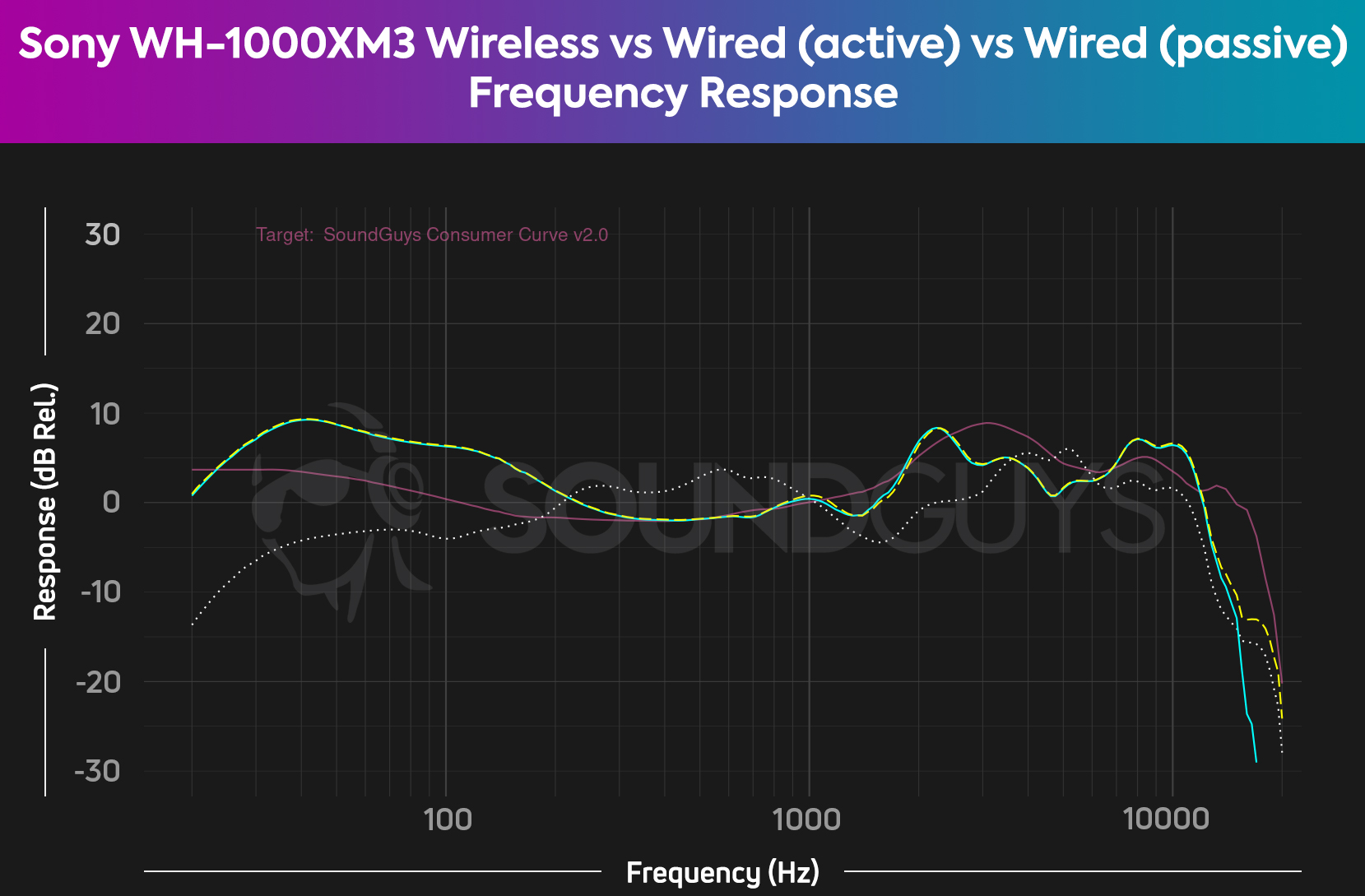
The frequency response comparison chart above shows that the WH-1000XM3 sounds different depending on how you connect the headset. The wired active mode sounds best, with wireless listening taking a close second. You’ll notice a big difference in the bass response if you listen passively in wired mode, meaning the headset is off with no ANC enabled.
The Sony Headphones Connect app has a great equalization module that lets you customize the sound.
So what does all this mean for you? Well, I can show you!
Lows, mids, and highs
You may notice the bass boost in wired, active, or wireless mode, which is fine for commuting but may be a bit much when you’re relaxing at home. You may find that engine noise masks a bit of the bassline and bongo thumps to the only recognized version of the song “September“. Mids take a bit of a backseat to the bass if you use the stock LDAC connection without swapping off to equalize your music. You may want to turn the bass down if you’re jamming out to old Queen records.
What is Sony 360 Reality Audio?
If you’ve never heard of Sony’s 360 Reality Audio, be sure to watch the video above. Using the Headphones app, you can take photos of each of your ears and upload them to Sony to be analyzed by a machine learning algorithm so that you can listen to music on several streaming services in 3D space. Using the advantages of MPEG-H and countless remasters of songs stretching back to 1970, there’s much to discover about the music you know and love. If you don’t already, consider getting a subscription to the following streaming services to take advantage of this feature:
- Deezer
- Amazon Music HD
- Tidal
- Nugs.net
Is the Sony WH-1000XM3 microphone any good?
Usually, microphones are pretty terrible on headphones, but the Sony WH-1000XM3 is the exception. While the nature of transmitting audio still means that quiet sounds might get amplified to mask shortcomings of the power situation, the actual technical capabilities of the microphone are quite… okay. However, it doesn’t combat the proximity effect very well, so your voice will sound bassier than it usually might.
Your voice will sound roughly exactly how it should on your recording or on the other end of a call. Of course, different voice clients and recording programs handle recording bitrate and dynamic compression differently. Be sure to kick the tires on a few phone calls before your return window ends to see if you like how these headphones handle it.
Sony WH-1000XM3 microphone demo (Ideal conditions):
Sony WH-1000XM3 microphone demo (Office conditions):
Sony WH-1000XM3 microphone demo (Street conditions):
How does the microphone sound to you?
Is the Sony WH-1000XM3 worth buying?
Yes, the WH-1000XM3 is probably worth buying, even with the release of the WH-1000XM4. Active noise cancellers are the rare headphones that work well in just about any situation, and that’s why they’re so valuable. The Sony WH-1000XM3 is the perfect travel buddy with excellent battery life, solid sound, and a price point under its main competitors.
A gadget that costs $349 USD might sound like it’s too expensive, but it’s really not for all that it gives you in return. Plus, you can usually find this for around $250 USD or so, and a really good set of active noise canceling headphones is worth its weight in gold. To save even more cash, consider buying the WH-1000XM3 through the Amazon Renewed program.

Should you upgrade to the Sony WH-1000XM4 or XM5?
The Sony WH-1000XM4 introduces artificial intelligence (AI) into the mix, and it’s used to improve noise canceling and audio processing. The WH-1000XM4 features a new DSEE Extreme processor, which improves dynamic range when upsampling audio. Other features include improved fast charging: 10 minutes via USB-C provides 5 hours of playtime.
Another new feature: speak-to-chat. This enables listeners to engage in conversation without having to interact with the headset at all. In tandem with AI voice recognition software, the five-microphone array learns when you’re speaking and automatically decreases the volume as you and your conversation partner talk back and forth. Listeners still have the option to allow ambient noise in by placing their hands on either of the ear cups.
Bluetooth multipoint connectivity is finally supported, so you can now connect the Sony WH-1000XM4 to two sources simultaneously. This is ideal for users who want to monitor their smartphone notifications while streaming a movie on their laptops.
Build quality has also been tweaked, as Sony made the headset lighter by using lightweight plastic. Comfort has improved, too: pressure is more evenly distributed around the ears, and the stitching has receded further into the ear cup, so the seam no longer brushes against the head.
The Sony WH-1000XM5 is the most recent iteration of Sony’s flagship noise canceling headphones, and it has a lot of the great features of the XM4, but it has better sound quality and ANC, a new design, and better battery life. If you really want to treat yourself, the Sony WH-1000XM5 is one of the best noise canceling headsets you can buy, and $387 at Amazon.

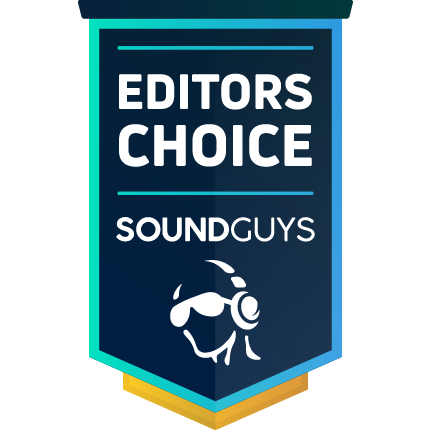
What about the Bose Noise canceling Headphones 700?
Bose has long been the foil to Sony in the noise canceling headphones department, but Bose’s latest release is a bit of a departure from the norm. Boasting an enhanced microphone array and a higher price tag, the 700 series headphones from Bose are very compelling. However, the differences in performance and Bluetooth codec availability are a bit of a letdown compared to the Sony WH-1000XM3. That’s not to say that the issue is as clear-cut as that, but you may want to do more research if you need help deciding between the two headphones.
https://www.soundguys.com/bose-noise-cancelling-headphones-700-vs-sony-wh-1000xm3-33100/
Alternatively, you may want to slip into something a bit more comfortable, like the Bose QuietComfort 45. This headset has grade-A active noise canceling that is hard to beat. It looks just like the QC 35 II but that’s fine because it’s about as comfortable as its predecessor too. We really like that you can make custom adjustments to the QC 45 frequency response from the Bose Music app (iOS/Android). Still, there is one drawback: you can’t fully disable ANC without automatically enabling transparency mode.
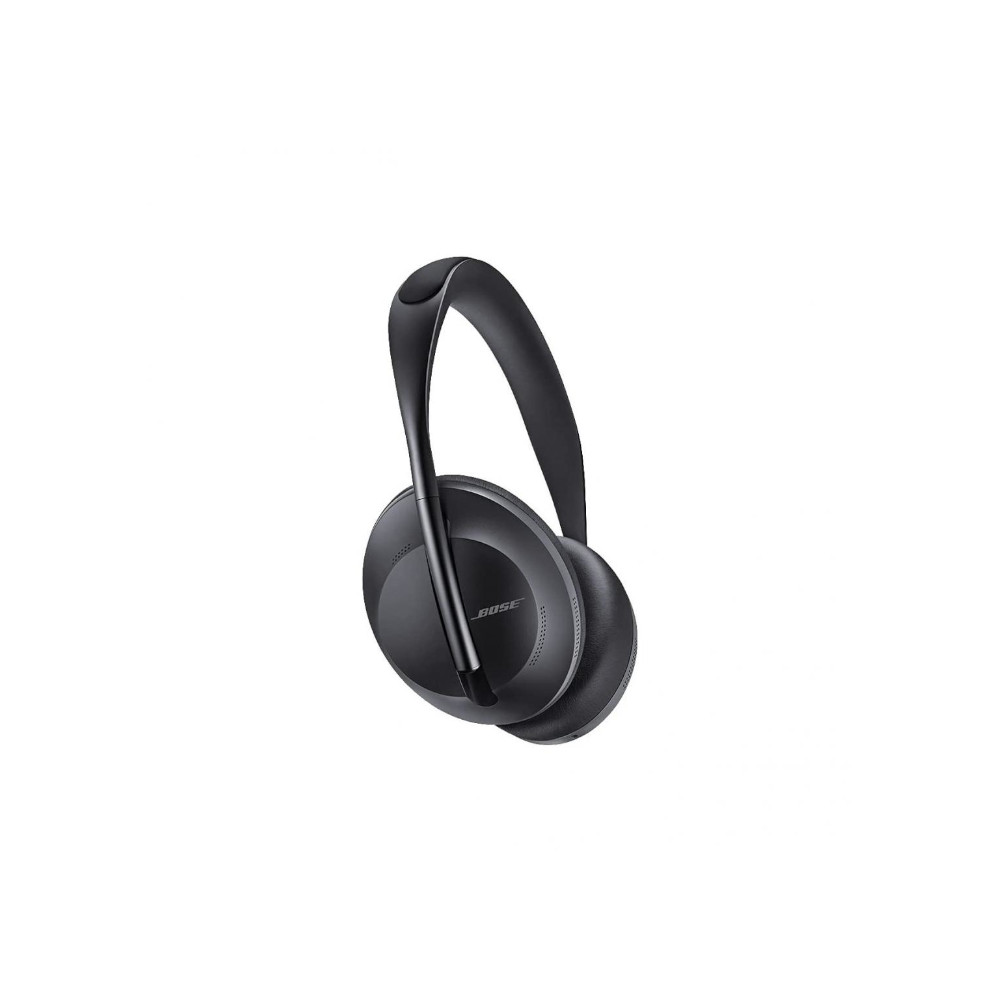

What about the Apple AirPods Max?
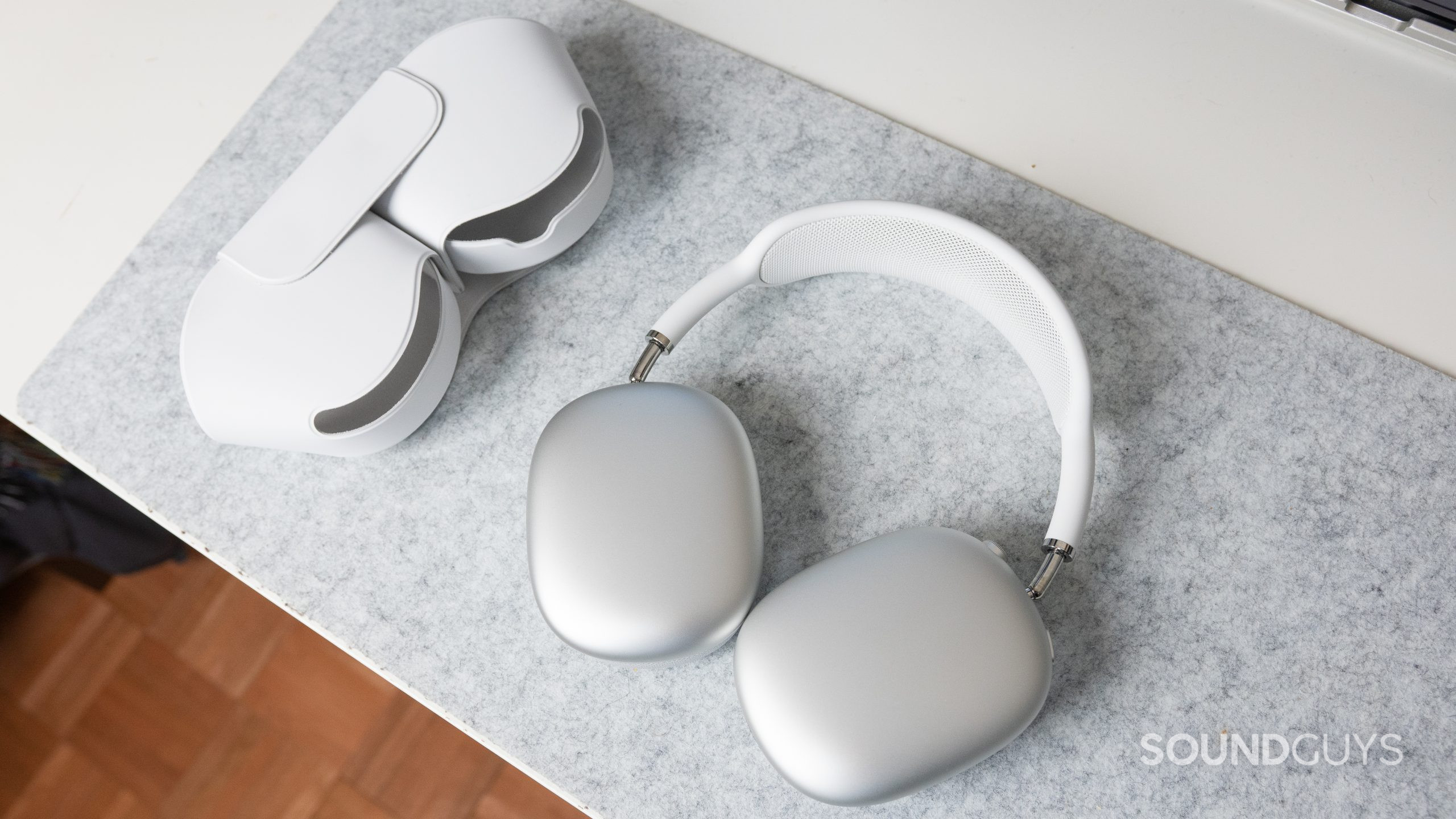
The AirPods Max competes against products like the Sony WH-1000XM3, Bose Noise canceling Headphones 700, and even the Shure AONIC 50. The headphones sport a rather unconventional design, featuring a knit mesh canopy headband and large, smooth ear cups reminiscent of an oversized Apple Watch — which makes sense since the left ear cup uses a digital crown for volume control.
The AirPods Max offers virtually the same features found on the Apple AirPods Pro, including active noise cancelation, Transparency Mode, Adaptive EQ, and Spatial Audio. As with all of Apple’s audio products, the AirPods Max comes with the company’s proprietary H1 chip for seamless pairing and reliable connectivity. These headphones also boast a 20-hour battery life and fast charging, providing 90 minutes of listening after a five-minute charge.


What should you get instead of the Sony WH-1000XM3?
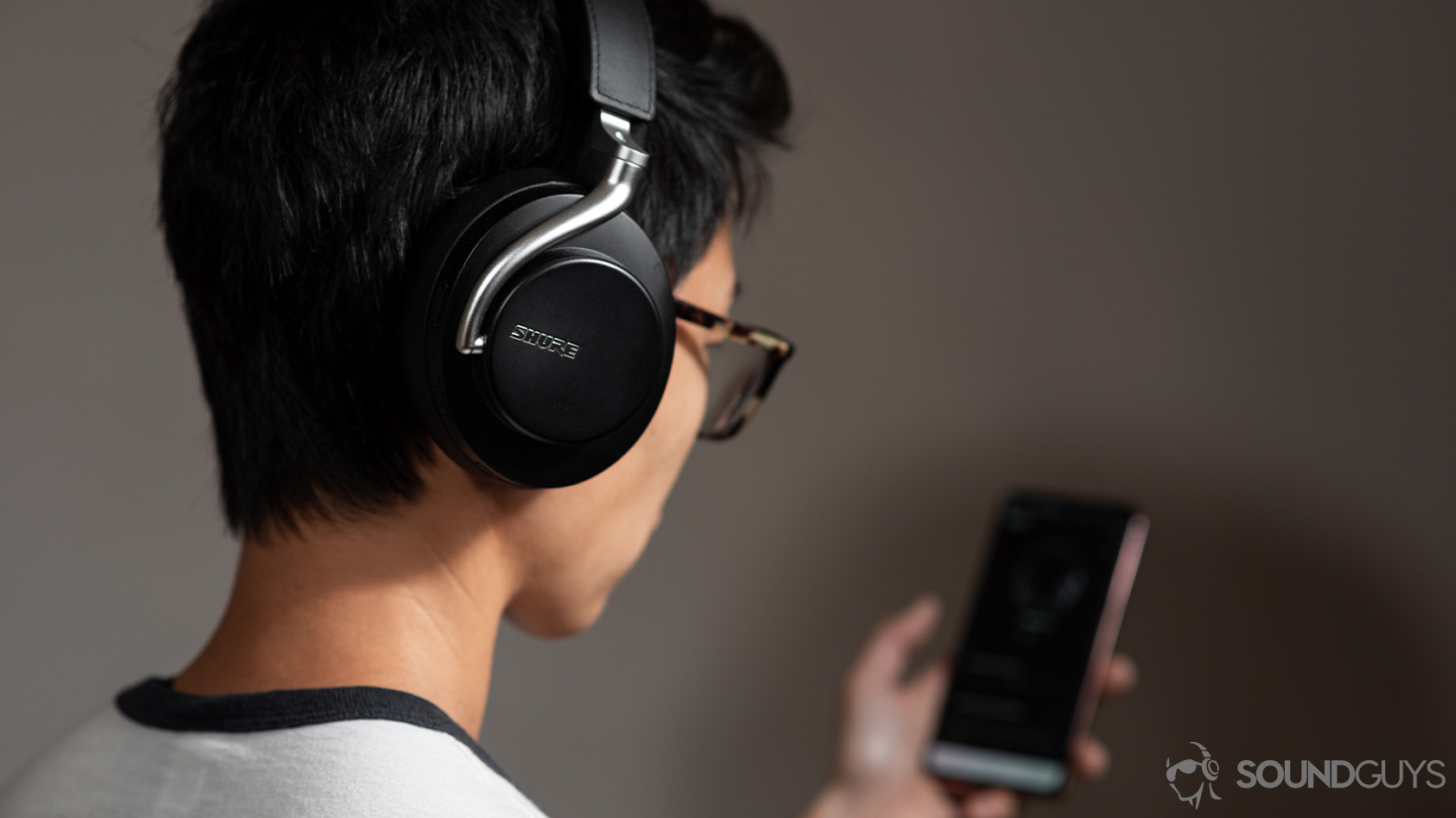
Newer headphones offer some interesting ANC features, like the Jabra Elite 85h, but only the Shure AONIC 50 goes toe-to-toe with the raw ANC power of the WH-1000XM3. Even if it’s not technically very different than its predecessor, that’s okay: all the WH-1000XM2 needed to be truly great headphones were a USB-C charging port and deeper ear pads… which the WH-1000XM3 provides.
While the Sony WH-1000XM3 is easily one of the best headsets out there, its little brother, the Sony WH-XB900N, is a credible budget pick . It offers about 70% of the performance of these headphones for quite a bit less, which is not a bad trade at all. If you’re on a budget, get the WH-XB900N and don’t look back.
Frequently asked questions about the Sony WH-1000XM3
The Sony WH-1000XM3 has active noise canceling, which the Audio-Technica ATH-M50xBT does not have. Additionally, the WH-1000XM3 has an accompanying app with EQ options, and the ATH-M50xBT has just the one frequency response. The flip side is that the ATH-M50xBT is quite a bit cheaper. Both have a plethora of codecs on hand and optional wired listening.
So, do you want noise canceling and optional EQ? Get the Sony. If you don’t care about noise canceling and are happy with one consumer-friendly frequency response, save some money and get the Audio-Technica.
You might be able to get a better price on the WH-1000XM3 now that the WH-1000XM4 has been released, but if you want even better ANC and Bluetooth multipoint, go with the XM4.
Yes, absolutely! Aside from the Shure Aonic 50, the Sony WH-1000XM4 is your best bet when it comes to blocking out external noise when working from home, but if you want to save some cash and don’t need features like Bluetooth multipoint and speak to chat, the Sony WH-1000XM3 are a great choice.
By using the Sony Headphones app, you can use the manufacturer software to tone down the bass a bit (Chris uses “clear bass” -1). Alternatively, you could use an app like SoundID or Wavelet, which will correct your headphones to the Harman target first and let you tweak it afterward.
They probably could, but I wouldn’t. The microphone is less robust than a dedicated headset’s, and will pick up a lot of background noise.
Not unless you have an adapter, no. Consoles typically are tougher to connect wireless headphones to. The only other way you can get the Sony WH-1000XM3 connected to the PS4 is through its 3.5mm cable.
Yes. The packaging includes a 3.5mm to 3.5mm male-t0-male cable that you can use to listen to wired sources. Each end has a TRRRS end, allowing for two channels, and a microphone.
In theory, you just need to be able to connect your source (in this case, your TV) with something over Bluetooth. If your TV supports Bluetooth, it should be able to connect to your headphones. If it can’t, you may want to find an emitter that can connect to your TV. That way, you can solve the issue with a cheap workaround instead of buying a new TV — or headphones.
Yes, the Sony WH-1000XM3 wireless noise canceling headphones are compatible with video chat apps like Zoom, Skype, Facebook Messenger, and more. The headset must be paired with the source device being used with the video conferencing app. Depending on what app is being used, a pop-up may appear requesting permission to use the headset microphone before continuing into the chat. If you want more information, we have an entire list of the best headphones for conference calls!
You can certainly receive audio from your PC to the Sony WH-1000XM3 wireless headphones via Bluetooth or by wire, since the headphones retain the 3.5mm input. Regarding sending audio to your PC, you may use the Sony microphone system to record audio into a digital audio interface such as Audacity or Adobe Audition.
No, the Sony WH-1000XM3 uses Bluetooth 4.2.